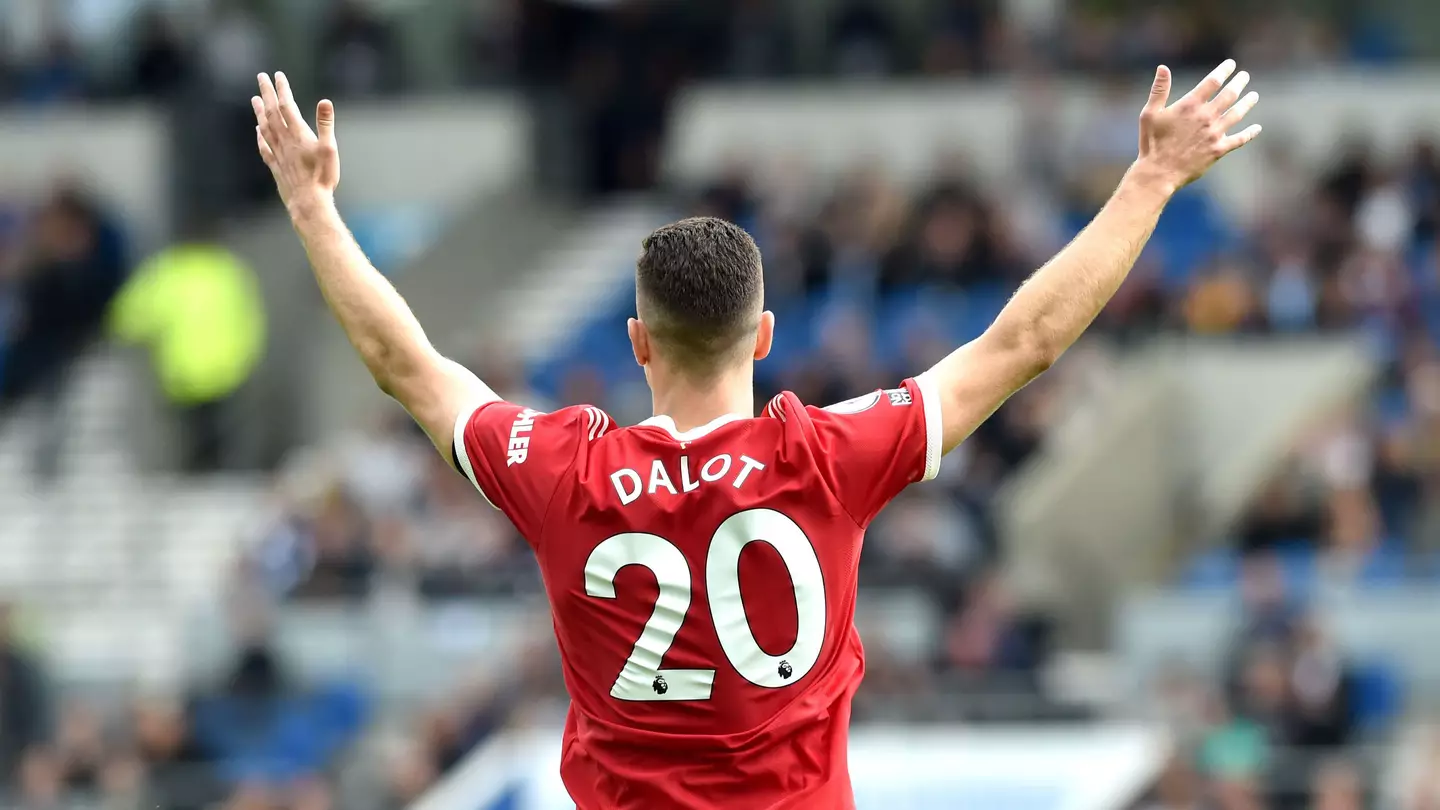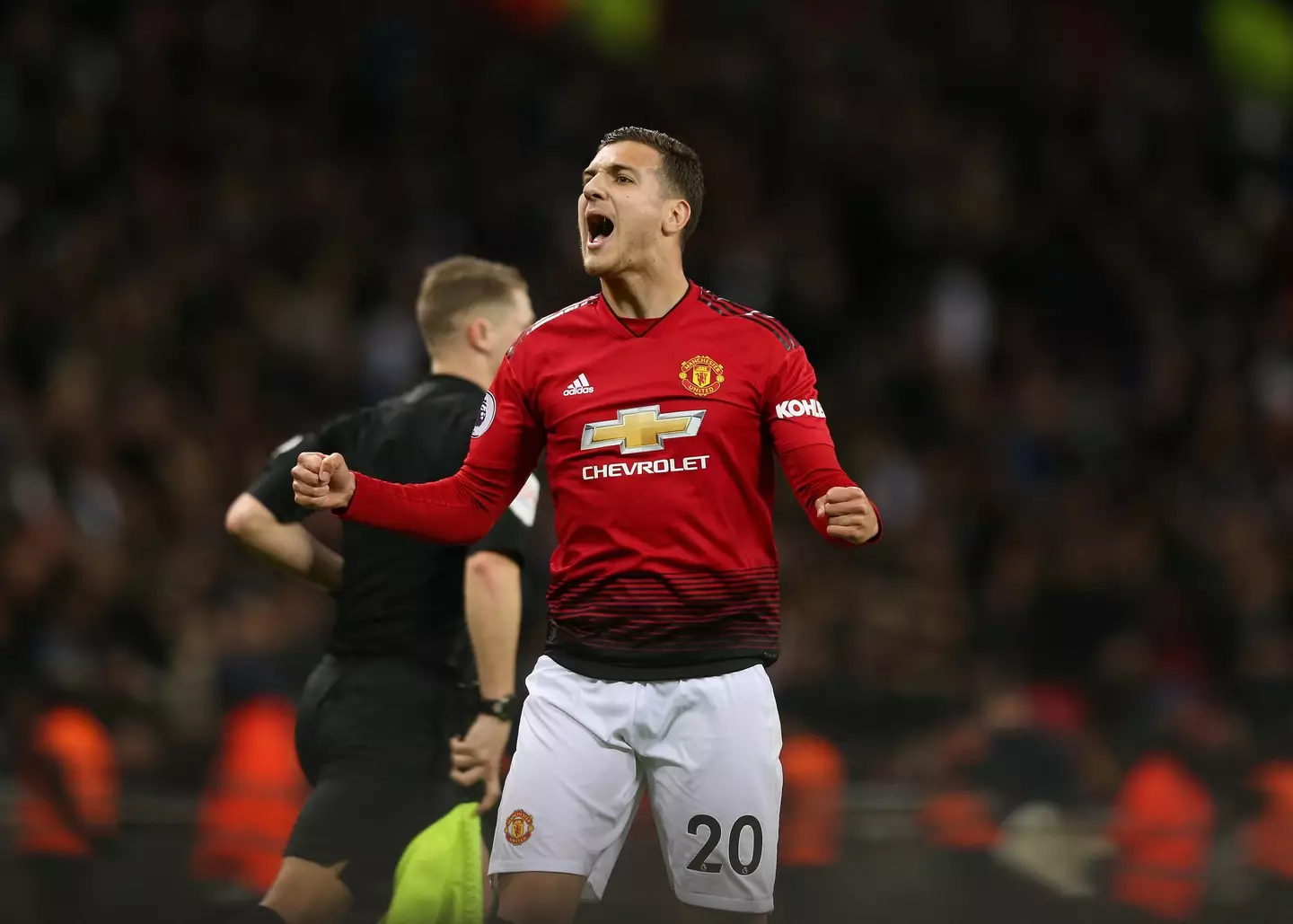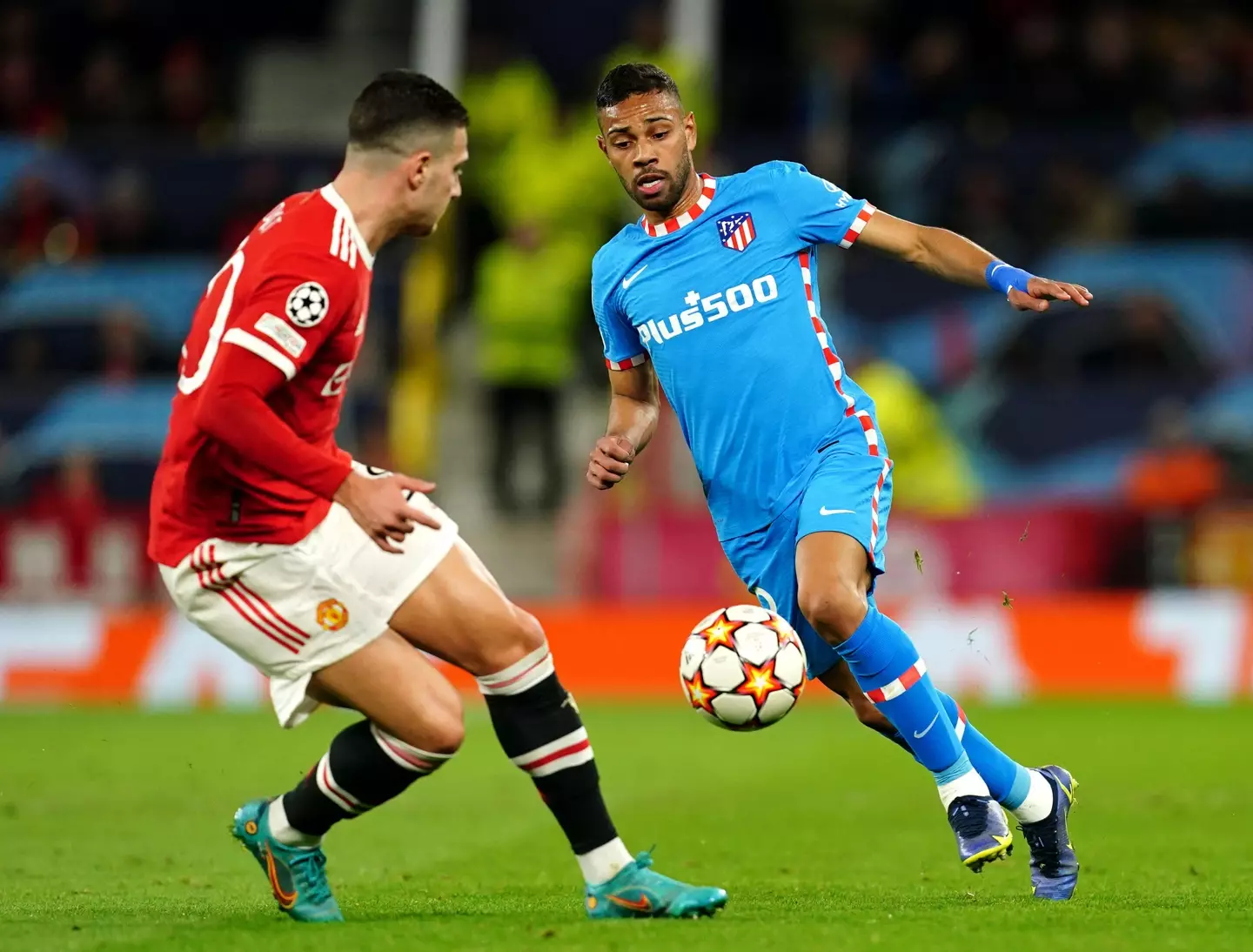
Four years ago today, on the 6th June 2018, Manchester United announced the signing of Diogo Dalot from FC Porto for a reported fee just shy of £20 million.
Speaking on the signing, then manager Jose Mourinho said: “Diogo is an extremely talented young defender with all the qualities to quickly become a great player for this club. He has all the attributes that a full-back needs: physicality, tactical intelligence and technical quality, combined with a Porto Academy mentality which prepares players for the maturity they need at the professional level.
"In his age group, he is the best full-back in Europe and we all believe he has a bright future ahead of him at Manchester United."
Upon joining the club, Dalot himself said: "Joining Manchester United is an unbelievable opportunity for me. I have grown up in Porto's Academy and I am so thankful for everything they have done for me. But the chance of coming to the biggest club in the world is something I just couldn't turn down.
Advert
"I'm excited about working with Jose Mourinho and learning everything I can from such a successful coach. I am looking forward to playing alongside the fantastic players in the squad."
Fast forward to the present day, and Dalot has played under Jose Mourinho, Ole Gunnar Solskjær, Stefano Pioli, Michael Carrick and Ralf Rangnick… and is rumoured to be a major part of Erik ten Hag’s plans next season.
When Dalot signed for the club, he was nursing a meniscal Injury which ruled him out for the first few matches at the club, however, made his debut in mid-September against Swiss side Young Boys. His time in the side was short-lived though, as he soon sustained another injury which would keep him out of the team for a further few matches.
Dalot did not make his Premier League debut until 1st December of the same year, in a 2-2 draw against Southampton, and played a total of 25 matches that season, including two for the U23s.
That season is most memorable for a moment Diogo Dalot played a huge part in. Coming close to full-time against Paris Saint-Germain, it was the young right-back who cannoned the ball into Presnel Kimpembe’s arm, which after a dramatic pantomime of emotions ensued as VAR awarded Manchester United a last-minute penalty converted by Marcus Rashford to send them through to the Champions League quarter-finals against FC Barcelona.
The next season, 2019/20, was hard for Dalot. After summer signing Aaron Wan-Bissaka quickly secured the No.1 spot at right-back, the Portuguese defender only played 11 times that season due to both a mix of being second choice and injuries; playing just 577 minutes of football, which is nothing compared to Wan-Bissaka’s 4,047 minutes of football that same season.

After seeing such limited action, it was decided that Diogo Dalot would go on loan for the entirety of the 2020/21 season - and shortly after, it was confirmed that he would be playing in the red and black of Serie A’s AC Milan.
His loan spell had mixed moments, however, he ultimately benefited from it to a much greater extent than he would have if he’d played second fiddle to Wan-Bissaka for a second season running.
Last season was Diogo Dalot’s best season to date with Manchester United. Playing a total of 30 times, he started the season below Wan-Bissaka in the pecking order, but after Ralf Rangnick was appointed Red Devil interim manager once Solskjær left his post, Dalot became the undisputed first choice for the right-back spot.
Heading into the 2022/23 season, almost every expectation anyone had for the future of the club is up in the air. With Erik ten Hag’s appointment at the helm of the squad, it is expected that a lot of change could occur with regards to the right-back spot.
It is rumoured that the club are willing to let Aaron Wan-Bissaka leave for the right price, while Netherlands international Jurrien Timber has been reported by several different outlets as a high-priority target for Ten Hag, alongside the likes of Frenkie de Jong and Christian Eriksen.

So, what does the future hold for Diogo Dalot? If transfer rumours are anything to go by, it looks like he’s defeated one positional enemy in Aaron Wan-Bissaka only to be immediately met with a new one in Timber.
Since signing for the club four seasons ago, Dalot’s growth as a man and a football player has been steady, but at the same time positive. Under a new manager who likes to emphasise structural dynamics and possession heavy-football, Dalot’s on-the-ball ability could really help him flourish in a way we are yet to see at the club.
Topics: Manchester United, Diogo Dalot, Erik Ten Hag